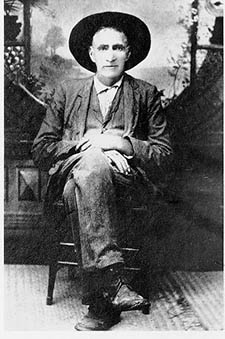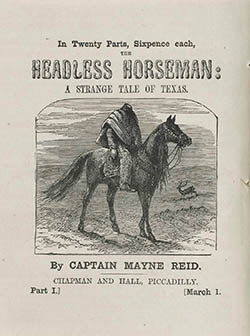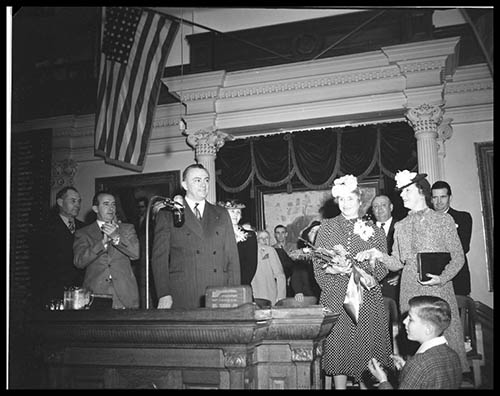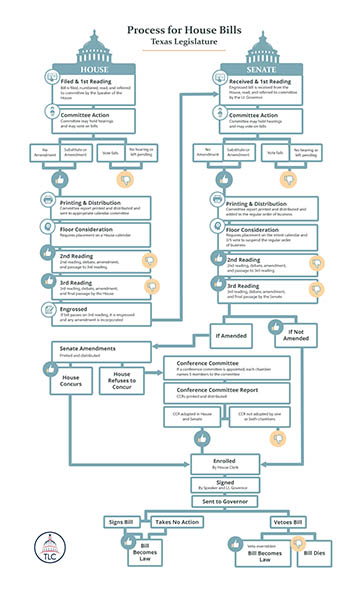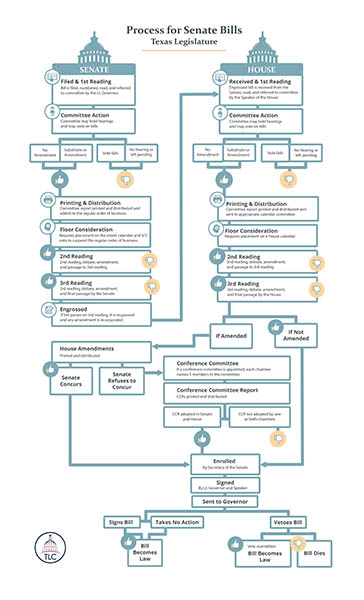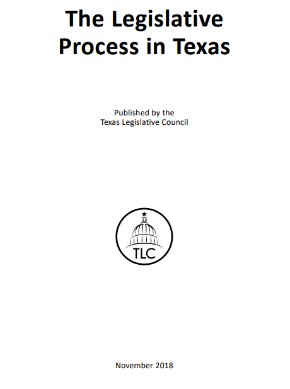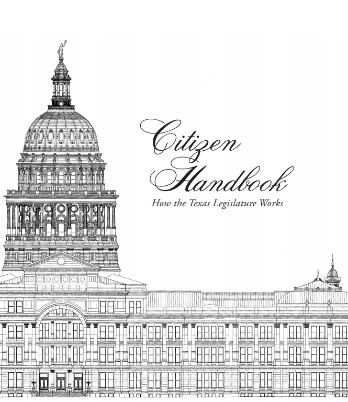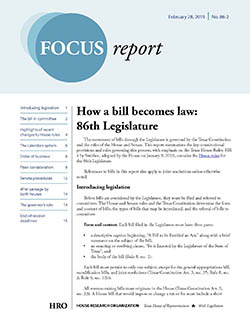House Committee Resources: Mass Violence & Community Safety, Public Health
The committees have requested written submissions on the following topics. Below are resources related to those topics.
- Interim Hearings – Week of March 9, 2020 (Blog), March 11 – House Select Committee on Mass Violence Prevention & Community Safety, Legislative Reference Library, March 4, 2020
- Interim Hearings – Week of January 6, 2020 (Blog), January 9 – House Select Committee on Mass Violence Prevention & Community Safety, Legislative Reference Library, December 31, 2019
- Interim Hearings – Week of December 2, 2019 (Blog), December 4 – Senate Select Committee on Mass Violence Prevention & Community Safety, Legislative Reference Library, November 26, 2019
- Interim Hearings – Week of November 4, 2019 (Blog), November 7 – House Select Committee on Mass Violence Prevention & Community Safety, Legislative Reference Library, October 30, 2019
- Interim Hearings – Week of October 7, 2019 (Blog), October 10 – House Select Committee on Mass Violence Prevention & Community Safety, Legislative Reference Library, October 2, 2019
- Texas Safety Action Report, Governor Greg Abbott, September 12, 2019
- Executive Order GA-07, Relating to the Prevention of Mass Attacks, Governor Greg Abbott, September 5, 2019
Duties:
Duty (1): examine options for strengthening enforcement measures for current laws that prevent the transfer of firearms to felons and other persons prohibited by current law from possessing firearms;
Duty (2): examine impediments and challenges to the timely reporting of relevant criminal history information and other threat indicators to state and federal databases;
Duty (3): examine the role of digital media and technology in threat detection, assessment, reporting, and prevention, including the collaboration between digital media and law enforcement;
Duty (3) Designated Party:
- Ron Barnes, Head of State Legislative Affairs, Google
Duty (4): evaluate the ongoing and long-term workforce needs of the state related to cybersecurity, mental health, law enforcement, and related professionals; and
Duty (5): evaluate current protocols and extreme risk indicators used to identify potential threats and consider options for improving the dissemination of information between federal, state, and local entities and timely and appropriate intervention of mental health professionals.
Charge 1: Monitor the agencies and programs under the Committee's jurisdiction and oversee the implementation of relevant legislation passed by the 86th Legislature. Conduct active oversight of all associated rulemaking and other governmental actions taken to ensure intended legislative outcome of all legislation, including the following:
Related to Women/Maternal/Infant Health
- HB 253, which requires the Health and Human Services Commission (HHSC) to develop and implement a five-year strategic plan to address postpartum depression. Monitor the development of the strategic plan to ensure it provides strategies to improve access to postpartum depression screening, referral, treatment, and support services.
- SB 436, which requires the Department of State Health Services (DSHS), in conjunction with the Maternal Mortality and Morbidity Task Force, to develop and implement statewide initiatives to improve maternal and newborn health for women with opioid use disorder. Examine the process by which DSHS and the Task Force develop and implement the initiatives, and, if applicable, monitor the development of the optional pilot program authorized by the legislation.
- SB 748, which creates a newborn screening preservation account and requires the development of a program to provide prenatal and postpartum care through telehealth or telemedicine in certain counties, a high risk maternal care coordination services pilot program, and a pregnancy medical home pilot program. Monitor the rulemaking process at HHSC and conduct oversight of the creation of the newborn screening preservation account and the maternal health programs. Identify any challenges that arise in funding the account or implementing the programs. Ensure the required agencies are providing adequate data collection on maternal mortality rates, maternity care, and postpartum depression in the state.
- SB 749, which relates to designating levels of neonatal and maternal care for hospitals and establishes an appeal process, waiver agreement, and telemedicine exceptions. Monitor HHSC's rulemaking process.
- SB 750, which directs HHSC to evaluate and develop a limited postpartum care package for new mothers enrolled in the Healthy Texas Women (HTW) program and to develop strategies to ensure continuity of care for new mothers who transition from Medicaid for Pregnant Women into HTW. Monitor HHSC's rulemaking process and the evaluation and development of the postpartum care package in HTW.
- SB 2132, which requires additional information to be provided to new mothers enrolled in HTW. Monitor HHSC's rulemaking process.
Related to Controlled Substances/Opioids
- HB 2174, which establishes limits on prescribing opioids for acute pain and institutes certain requirements for controlled substance prescription submissions and continuing education for prescribers.
- HB 3284, which revises the circumstances under which the Texas State Board of Pharmacy (TSBP) may allow access to information relating to controlled substances prescriptions. Monitor the collaboration between TSBP and the State Board of Veterinary Medical Examiners in implementing the legislation.
- HB 3285, which creates programs and initiatives to prevent and respond to opioid addiction, misuse, abuse, and overdose and identify and treat co-occurring substance use disorders and mental illness. Monitor the process by which the Governor's Criminal Justice Division will award grants to law enforcement agencies for opioid antagonists. Conduct oversight of the process related to Medicaid reimbursement for medication-assisted treatment. Examine the impact of the opioid crisis on Texas' seniors, and review any programs and services available to prevent and treat opioid misuse among that population.
- HHSC Rider 34, which requires HHSC to evaluate opioid drug prescribing practices under Medicaid and assess the extent to which they align with the Center for Disease Control and Prevention guidelines.
- Evaluation of Opioid Drug Prescribing Practices Under Medicaid, As Required by House Bill 1, 86th Legislature, Regular Session, 2019 (Article II, Health and Human Services Commission, Rider 34), Texas Health and Human Services Commission, September 2020
- CDC Guideline for Prescribing Opioids for Chronic Pain, Centers for Disease Control and Prevention, last updated August 28, 2019
Related to Rural Health
- HB 3934, which provides rural hospitals with the authority to establish a health care collaborative.
- SB 170, which relates to the reimbursement of rural hospitals under Medicaid. Monitor the reimbursement methodology developed by HHSC.
- SB 633, which provides the authority to assemble local mental health authorities (LMHA) in rural areas into groups in order to ensure access to mental health services in those areas. Conduct oversight of the process of grouping individual LMHAs and the development of a plan for each group to increase capacity and access.
- SB 1621, which creates a rural hospital strategic plan.
Related to General Monitoring
- HB 871, which authorizes certain rural hospitals to satisfy trauma facility designation requirements through the use of telemedicine. Monitor HHSC's rulemaking process.
- HB 1501, which creates the Texas Behavioral Health Executive Council. Monitor the transfer of the regulation of psychologists, marriage and family therapists, professional counselors, and social workers to the new council.
- HB 1504, which continues the Texas Medical Board until September 1, 2031. Review and identify any challenges related to the processing of complaints, including due process concerns and the independence of the Board. Make recommendations for additional modifications to address these challenges.
- Texas Medical Board (Sunset Review Documents for 2018-2019 Review Cycle, 86th Legislative Session). Texas Sunset Advisory Commission
- HB 3148, which establishes provisions related to the administration and oversight of investigational adult stem cell treatments. Monitor the creation of the investigational stem cell registry.
- HB 3703, which expands eligibility for low-THC cannabis prescriptions. Monitor HHSC's rulemaking process.
- HB 4455, which authorizes a health professional to provide a mental health service via telemedicine or telehealth services to a patient located outside of Texas.
- SB 21, which raises the age to purchase tobacco from 18 to 21.
- SB 670, which relates to ensuring reimbursement of telemedicine and telehealth services and expanding which facilities may receive reimbursement for those services.
Related to Behavioral Health
- HB 18, which enhances school safety and mental health resources for students and school personnel and works to reduce the stigma around mental health conditions. Monitor the process by which state agencies coordinate to implement the legislation and their compliance with various requirements, including providing required guidelines and resources to schools.
- HB 19, which places non-physician mental health professionals at education service centers to provide resources for educators and administrators in school districts and charter schools.
- HB 906, which creates the Collaborative Task Force on Public School Mental Health Services.
- SB 11, which creates the Texas Child Mental Health Care Consortium to facilitate access to mental health care services through telehealth and expands the mental health workforce through training and funding opportunities. Monitor the creation of the consortium and agencies' rulemaking processes. Review how school districts are spending their school safety allotment.
- "HHSC Continues Efforts to Address the Opioid Crisis" (News Release), Texas Health and Human Services Commission, September 24, 2020
- "Governor Abbott, Lieutenant Governor Patrick, Attorney General Paxton Issue Statement On Withdrawal of Medicaid Fiscal Accountability Regulation" (Press Release), Office of the Texas Governor, September 14, 2020
- House Committee Resources: Human Services (Blog — Charge 2.2 - 2.5, Charge 2.1), Legislative Reference Library, September 4, 2020
- Medicaid Expansion's Impact in Texas (Policy Brief), Mosbacher Institute for Trade, Economics, and Public Policy, Texas A&M University, September 2020
- Texas Healthcare Transformation and Quality Improvement Program, Center for Medicaid and CHIP Services, Centers for Medicare & Medicaid Services
Charge 3: Review behavioral health capacity in the state, with a focus on suicide prevention efforts and the provision of behavioral health care services to individuals with intellectual and developmental disabilities. Review suicide prevention programs and initiatives across state agencies, evaluate their effectiveness, and identify opportunities for greater coordination. Identify gaps in the continuum of care for individuals with disabilities and challenges for those providing care to them. Additionally, identify any existing administrative and licensing barriers that negatively affect overall behavioral health capacity in the state.
- Report on Suicide and Suicide Prevention in Texas, As Required by House Bill 3980, 86th Legislature, Regular Session, 2019, Texas Health and Human Services Commission, May 2020
- Texas Statewide Behavioral Health Strategic Plan: Progress Report, Statewide Behavioral Health Coordinating Council, December 2019
- Coordinated Statewide Behavioral Health Expenditure Proposal: Fiscal Year 2020, As Required by the 2020-21 General Appropriations Act, H.B. 1, 86th Legislature, Regular Session, 2019 (Article IX, Section 10.04), Statewide Behavioral Health Coordinating Council, September 2019
- Texas Statewide Behavioral Health Fiscal Years 2017-2021: Strategic Plan Update and the Foundation for the IDD Strategic Plan, As Required by the 2016-17 General Appropriations Act, H.B. 1, 84th Legislature, Regular Session, 2015 (Article IX, Section 10.04), Statewide Behavioral Health Coordinating Council, February 2019
- Texas Mental Health Resource Guide: A Book for Mental Health & Substance Use Disorder Resources Across the State of Texas, Texas Court of Criminal Appeals, 2019
- Texas 86th Legislative Session: Summary of Mental Health and Substance Use-Related Legislation, Hogg Foundation for Mental Health, The University of Texas at Austin, September 3, 2019
- Intellectual and Developmental Disabilities, Suicide, Texas Statewide Behavioral Health Coordinating Council
Charge 4: Monitor the
State Auditor's review of agencies and programs under the Committee's jurisdiction. The Chair shall seek input and periodic briefings on completed audits for the 2019 and 2020 fiscal years and bring forth pertinent issues for full committee consideration.
This entry was posted on October 9, 2020 at 11:30 AM and has received 1578 views.
Print this entry.
